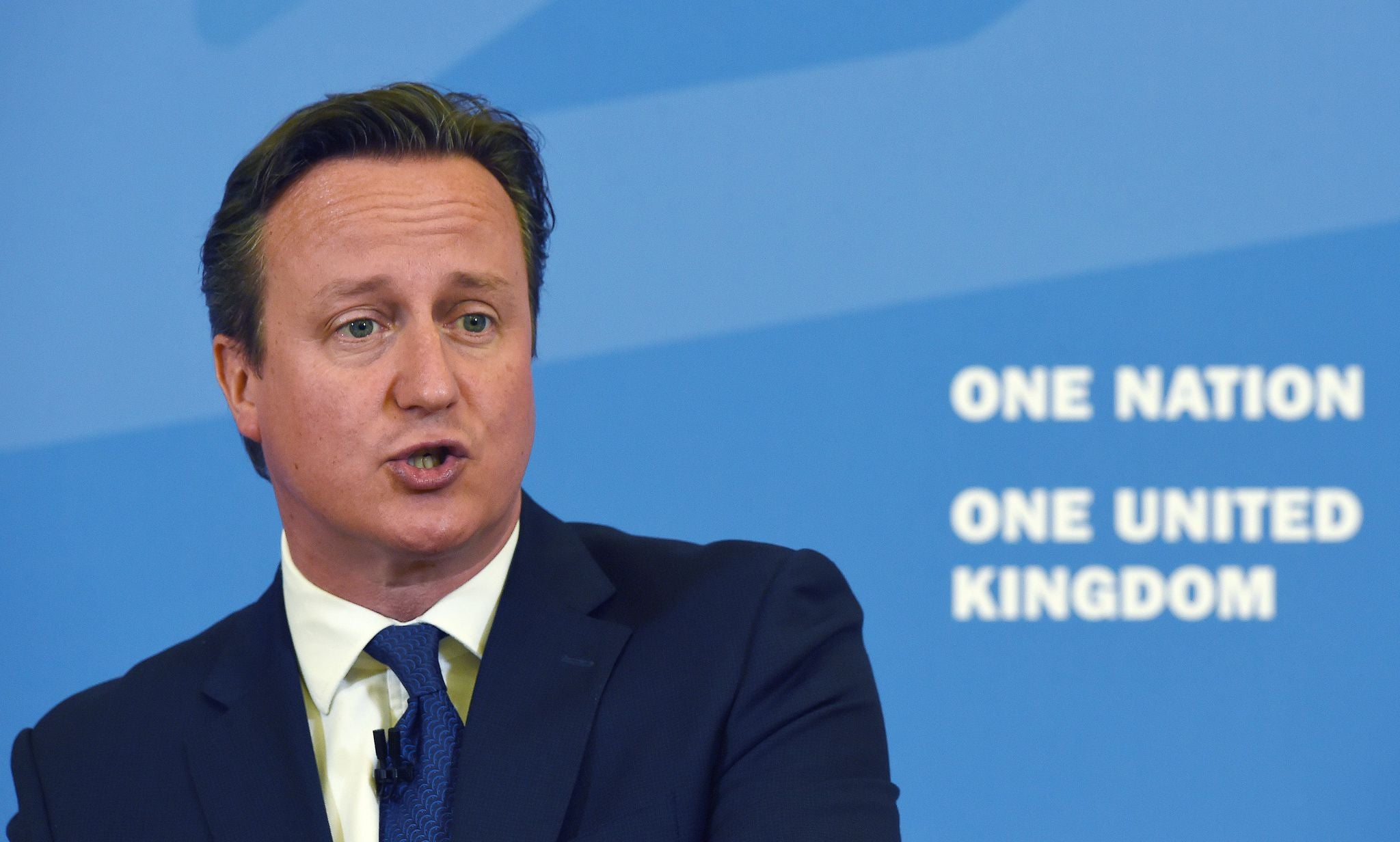This counter-extremism strategy shows Cameron's commitment to working with - rather than against - British Muslims
The Government must redouble its efforts to counter the narrative of extremist Islam

The Prime Minister made a giant leap for UK counter-extremism strategy today with his speech in Birmingham. In it, he set out his vision for a five year plan to tackle extremism in all its forms, both violent and non-violent, from far-right to Islamist.
We have been hearing from Number 10 for months now that we are in a “generational struggle against a poisonous ideology”. Looking even further back, in February 2011, David Cameron acknowledged the need to challenge the root causes of extremism in his well-regarded speech at the Munich Security Conference. So, why is today’s speech any different?
First of all, it is significant that the Prime Minister addressed a domestic audience rather than a foreign security one. This move lends resonance to his insistence that we need a “full spectrum” response that empowers civil society, and not just a military- or intelligence-led strategy, to unite against extremism. It also shows his commitment to working with, rather than against, British Muslims to root out the extremists in their midst, build resilience among young people to help reduce their susceptibility to radicalisation, and challenge the narratives that are on collision course with human rights and British values.
On top of that, the speech’s rhetoric and vision will be immediately followed up with a five year plan to implement it, what with the Prime Minister’s announcement that he would be unveiling a new five year counter-extremism strategy in the autumn. While pro-activity is good, though, it is more challenging on a political, structural and community level.
Politically, the Prime Minister will need to ensure he has support from, at the very least, four Secretaries of State – ensuring support from the Home Office, Department for Communities and Local Government, Ministry of Justice and Department for Education is absolutely necessary for the long-term success of the strategy. Structurally, there must be streamlined and centralised due diligence, training and evaluation, as well as close monitoring and independent oversight.
The strategy must be consistent and comprehensive at all levels, if it is to work. Finally, at a community level, the government must guarantee local delivery to foster and promote a civil society-led response. This means more engagement with Muslim communities and coordination with a greater range of partners. A strong values-based definition of extremism and clear criteria for partnership will be essential to make sure this is done effectively.
It is imperative that the government redoubles its efforts to tackle the ideology and worldview of non-violent Islamist extremists. As the Prime Minister noted today, many of these ideas are commonly held by non-violent extremists and jihadists, even if their strategies differ. Furthermore, even if the ideas themselves do not always lead to violence, such ideas do run contrary to universal human rights norms, and they should be challenged on that basis.
In all of the above, compelling counter-narratives are key. They must raise awareness of the negatives of Islamist extremism and promote the positives of a liberal, pro-human rights, democratic Britain. They must contest the grievance mentality found among many extremists, expose the horrors of fascistic theocratic regimes like Isis’s and debunk the conspiracy theories that tacitly support such a regimes’ underpinning ideologies. Young people in Britain, whether Muslim or non-Muslim, must feel that this is a place they can call home; more important than that, they must want to call it home.
Today, David Cameron made clear that we cannot just react to violent extremism with legislation and intelligence. As he pointed out, “no one becomes a terrorist from a standing start”, and radicalisation to violent extremism is a process, and there must be a long-term strategy in place that recognises this.

Join our commenting forum
Join thought-provoking conversations, follow other Independent readers and see their replies